Lancet Onco:全球六分之一癌症与感染有关
2012-05-19 黄堃 新华网
近日,新一期英国学术刊物《柳叶刀—肿瘤》The Lancet Oncology 刊登报告说,一项调查显示全球癌症病例中约六分之一由可预防或治疗的感染引起,这凸显了通过防治感染来减少癌症发病率的重要性。 这份报告由位于法国的国际癌症研究机构完成,该机构调查了2008年全球184个国家的27种癌症的数据。当年总计有1270万个新发癌症病例,分析显示,其中约200万个病例是由可预防或治疗的感染

近日,新一期英国学术刊物《柳叶刀—肿瘤》The Lancet Oncology 刊登报告说,一项调查显示全球癌症病例中约六分之一由可预防或治疗的感染引起,这凸显了通过防治感染来减少癌症发病率的重要性。
这份报告由位于法国的国际癌症研究机构完成,该机构调查了2008年全球184个国家的27种癌症的数据。当年总计有1270万个新发癌症病例,分析显示,其中约200万个病例是由可预防或治疗的感染防止的。
在感染原因中,位居前列的有幽门螺杆菌、乙肝和丙肝病毒以及人乳头瘤病毒,这4种病原体就导致了约190万个新发癌症病例,它们引发癌症的种类包括胃癌、肝癌和宫颈癌等。
这些病原体引发的感染现在基本上都有预防或治疗的方法,如有针对乙肝病毒和人乳头瘤病毒的疫苗,对幽门螺杆菌则可用抗生素治疗。
从地域来看,虽然全球平均由感染引发的癌症占癌症总病例的六分之一,但发达国家的这一比例很低,如在澳大利亚和新西兰只有3.3%,而发展中国家比例很高,如在撒哈拉沙漠以南非洲地区达到32.7%。
因此,这项研究结果凸显发展中国家通过防治感染来降低癌症发病率、提高公共卫生水平的重要性。

doi:10.1016/S1470-2045(12)70137-7
PMC:
PMID:
Global burden of cancers attributable to infections in 2008: a review and synthetic analysis
Catherine de Martel MD a, Jacques Ferlay ME a, Silvia Franceschi MD a, Jérôme Vignat MSc a, Freddie Bray PhD a, David Forman PhD a, Dr Martyn Plummer PhD a
Background Infections with certain viruses, bacteria, and parasites have been identified as strong risk factors for specific cancers. An update of their respective contribution to the global burden of cancer is warranted.
Methods We considered infectious agents classified as carcinogenic to humans by the International Agency for Research on Cancer. We calculated their population attributable fraction worldwide and in eight geographical regions, using statistics on estimated cancer incidence in 2008. When associations were very strong, calculations were based on the prevalence of infection in cancer cases rather than in the general population. Estimates of infection prevalence and relative risk were extracted from published data.
Findings Of the 12·7 million new cancer cases that occurred in 2008, the population attributable fraction (PAF) for infectious agents was 16·1%, meaning that around 2 million new cancer cases were attributable to infections. This fraction was higher in less developed countries (22·9%) than in more developed countries (7·4%), and varied from 3·3% in Australia and New Zealand to 32·7% in sub-Saharan Africa. Helicobacter pylori, hepatitis B and C viruses, and human papillomaviruses were responsible for 1·9 million cases, mainly gastric, liver, and cervix uteri cancers. In women, cervix uteri cancer accounted for about half of the infection-related burden of cancer; in men, liver and gastric cancers accounted for more than 80%. Around 30% of infection-attributable cases occur in people younger than 50 years.
Interpretation Around 2 million cancer cases each year are caused by infectious agents. Application of existing public health methods for infection prevention, such as vaccination, safer injection practice, or antimicrobial treatments, could have a substantial effect on the future burden of cancer worldwide.
Funding Fondation Innovations en Infectiologie (FINOVI) and the Bill & Melinda Gates Foundation (BMGF).
本网站所有内容来源注明为“梅斯医学”或“MedSci原创”的文字、图片和音视频资料,版权均属于梅斯医学所有。非经授权,任何媒体、网站或个人不得转载,授权转载时须注明来源为“梅斯医学”。其它来源的文章系转载文章,或“梅斯号”自媒体发布的文章,仅系出于传递更多信息之目的,本站仅负责审核内容合规,其内容不代表本站立场,本站不负责内容的准确性和版权。如果存在侵权、或不希望被转载的媒体或个人可与我们联系,我们将立即进行删除处理。
在此留言

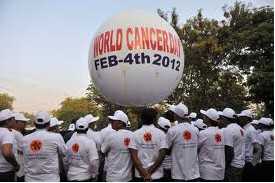


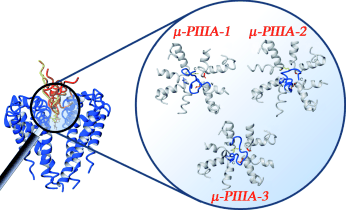
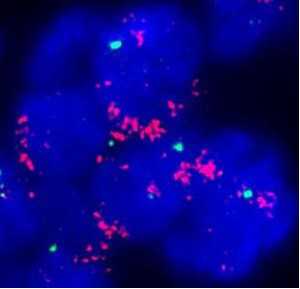
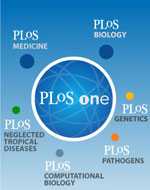

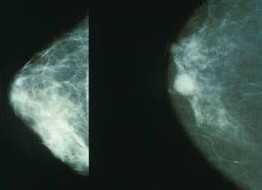





#Lancet#
62